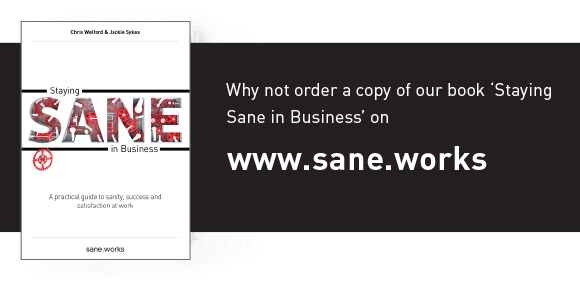
Soft skills are the hardest
Despite the fact that companies will frequently say that ‘our people are their greatest asset’ the reality is that many managers consider people issues to be too ‘woolly’ and not worth spending time on. They often don’t feel that they add value to the real task of doing business.
Difficult to fit into spreadsheets, manage or measure, that may be true: the human being is a unique and complex organism. But woolly and not worth spending time thinking about: no.
The myth seems to be that it is the hard skills that make business work. It may be that the hard skills perform an essential function, certainly, and yet how and whether that happens is all down to the management of human minds and emotions. Think about your own experience for a moment and see if any of this rings a bell.
Has the smooth flowing of your business ever been impacted by an individual who is:
- Fearful for their job security and just sticks by the letter of their job rather than taking initiative and innovating.
- A jealous or territorial empire-builder who doesn’t want to share a piece of information because they want to take the credit themselves, thereby scuppering their colleagues’ efforts.
- Someone who embellishes the figures or sells more than required to a customer in order to meet their targets and gain their bonus, only to be exposed, at a later date, for misleading others.
- Unable to say that they don’t know how to perform the task that they have been asked to perform so gets it wrong rather than look stupid and ask their boss or colleague.
- Fearful of conflict so avoids raising an issue with a colleague or customer thus perpetuating the problem longer than it needs, sometimes to a point where the issue has escalated beyond redemption.
The major problems in the business world actually tend to relate to relationships –
- People negotiating major deals and unable to find a way for the egos involved to be sufficiently pacified to be able to do the deal.
- Companies restructuring and trying to bring different cultures of people and work approach together without appreciating how long it takes for individuals to shake off one identity and integrate with another.
- Back office and front office issues that lead to confusion, delay, duplication and complexity.
- The project or programme manager who is so task-focused that they forget to share crucial information with their team, leading to the delay of the project.
- The manager who has their head so full of target-pressures that they forget to stop to acknowledge good performance, without realising that demotivation leads to low productivity and to the loss of talented staff.
These things are exactly what it is worth taking focused time to consider, not just waiting to address them when things go wrong. However, it is not necessarily a comfort zone for some managers, who would rather be focusing on tasks. This is where coaching and training can provide a short sharp solution. Through one to one and group development it is possible to identify how different individual and departmental approaches are impacting communication between and within teams.
Our new bite-sized workshops address some of these business challenges. Topics include: Teams Work, Networking Works, Resilience Works, Mindfulness Works and Communication Works.
This isn’t ‘soft’ stuff: it is often the hardest stuff of all! But when managers are courageous enough to tackle these issues in a direct and honest manner the results are generally of great value.


Start The Discussion